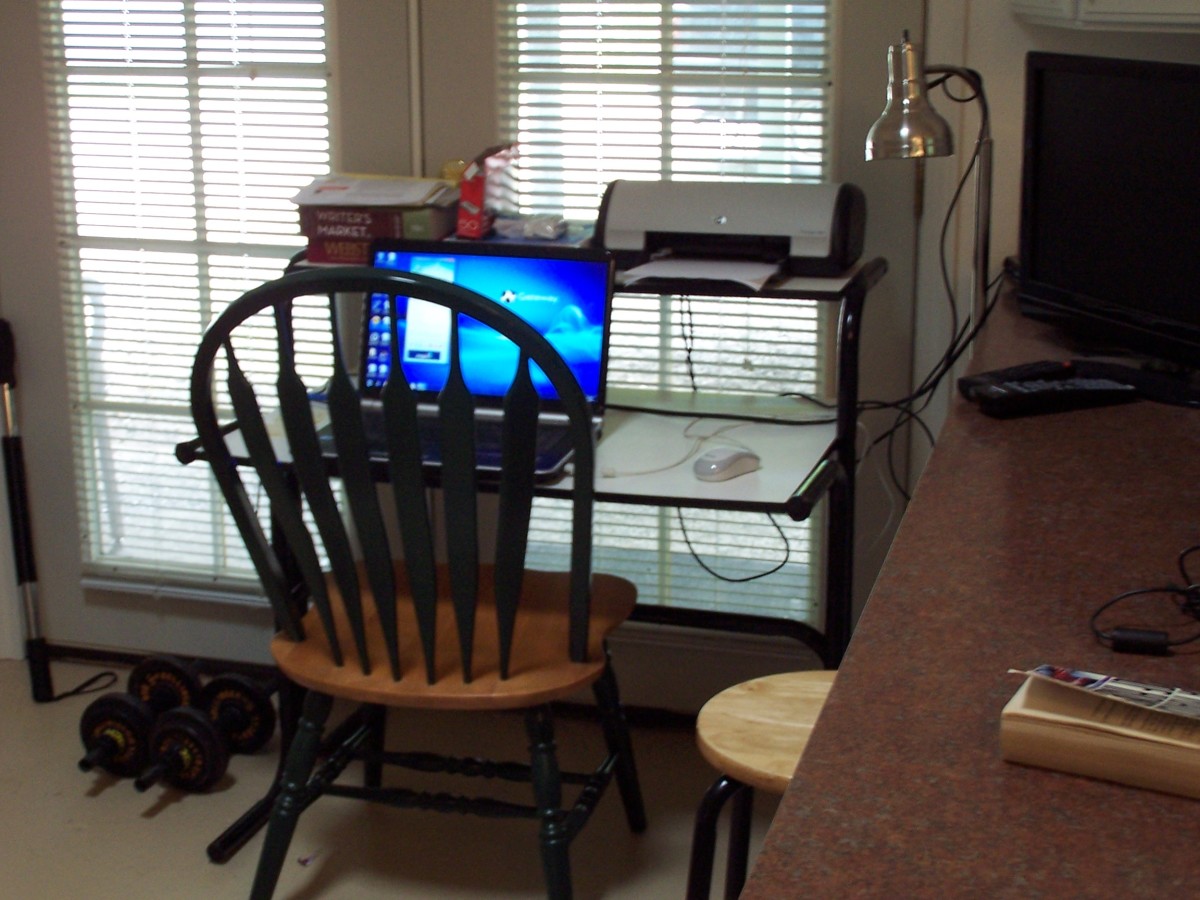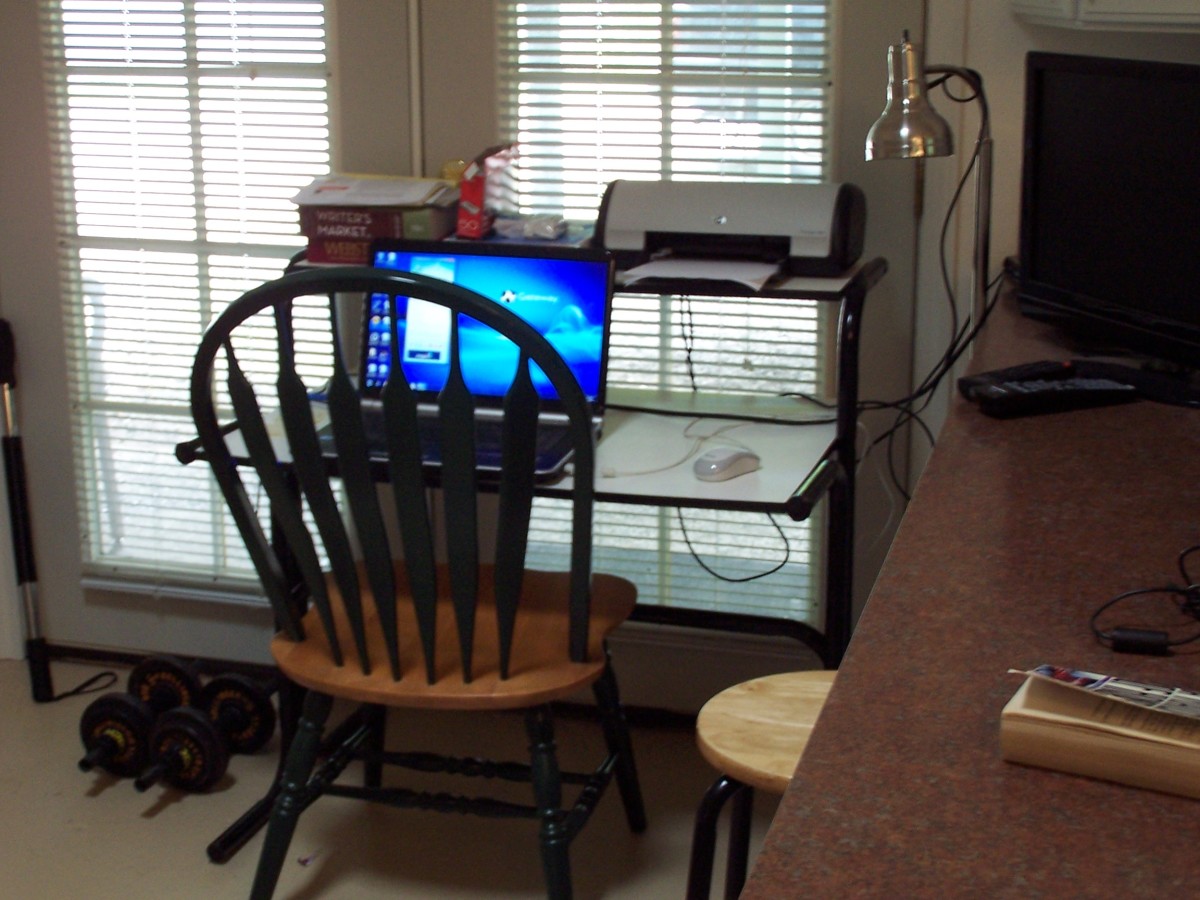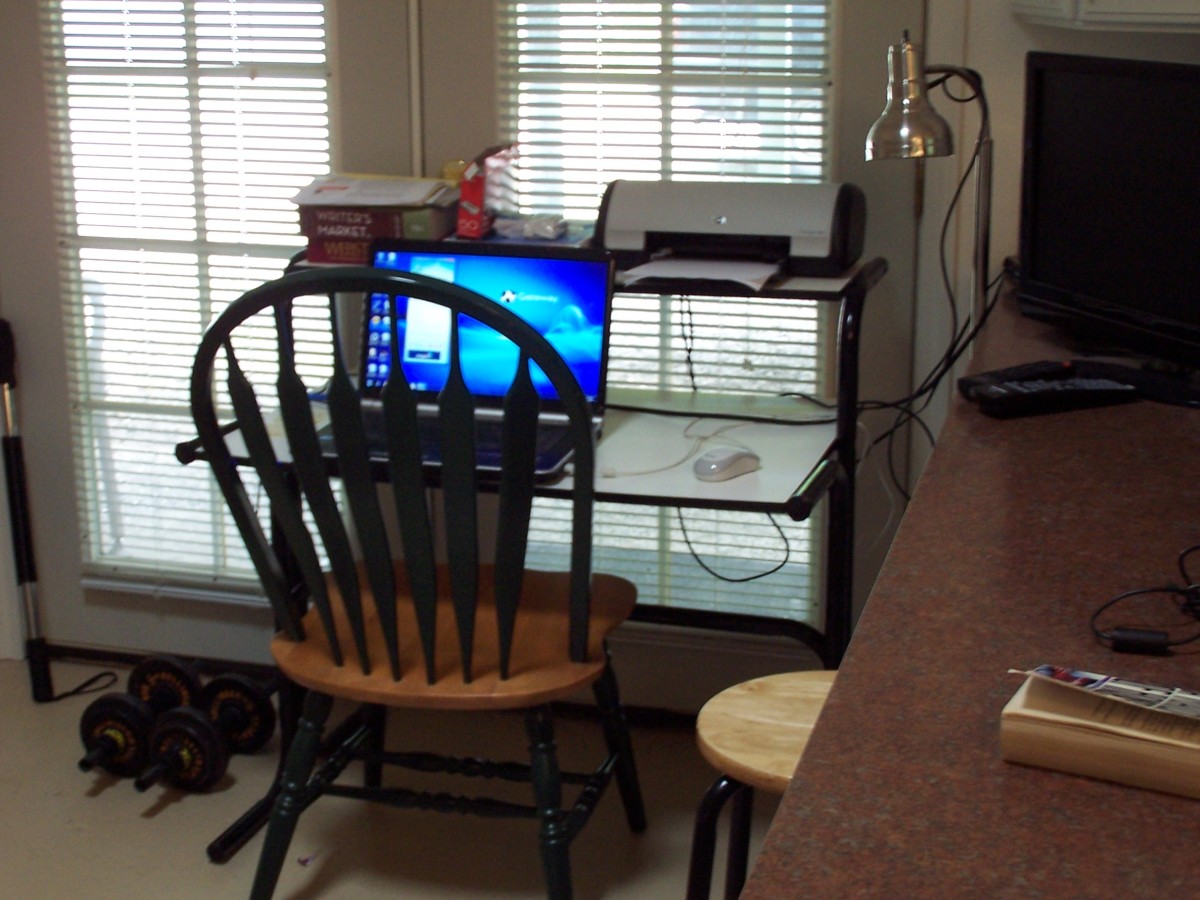The Writer's Mailbag: Installment 286
This Memoir Stuff Is Pretty Intense
It’s a weird thing, to write a memoir. At the urging of my wife, and a couple friends, I’ve been doing the memoir thing for the last six months, and it’s been an eye-popping experience. To my surprise, I’ve learned things about myself. There truly have been revelations, and those revelations will help me in the future as I continue my attempt at being the best Bill possible.
Anyway, I’m on my last edit of “And the Blind Shall See,” and hopefully I’ll have it published by the end of December. Thanks to all of you for the support through this process. It really has been cathartic . . . not your support . . . the process . . . actually, your support is always cathartic!
And now it’s time for the mail!
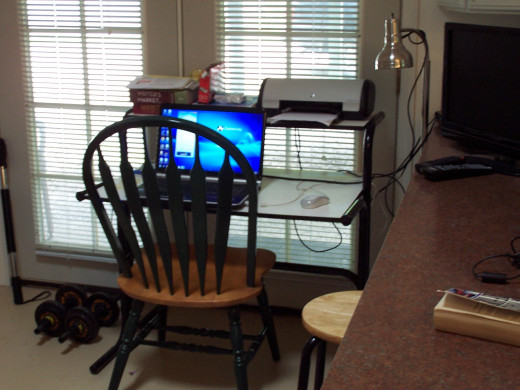
Proofreading or Editing?
From Liz: “What's the difference between proof reading and editing? I tend to think that proof reading is putting right spelling and grammar issues, basic problems with text. Although I have to say that I can reread a piece several times and still miss basic errors! Editing is a bigger job for me, when I look at bigger changes like altering the structure or deleting some parts, trying to make an article more concise and readable. I'm inclined to make bigger changes to my own writing. If I am editing someone else's work, I try to keep as much as possible to the original without imposing my own thoughts.”
This is a tricky one, Liz. To many writers, the two are interchangeable. I will tell you what I see as the difference, but that doesn’t mean everyone is going to agree with me.
An editor is someone who reviews and changes your text with the intent to improve the flow and overall quality of the writing. An editor has the freedom to remove sentences or rewrite paragraphs. A good editor will correct any obvious errors they come across, but their main goal is to use their expertise, and intuition, to make sure the document makes sense. They also cut down on wordiness, and clarify any ambiguity.
Proofreading, on the other hand, is the process of examining the final draft of a document or text, after the editing has been done, to make sure there are no errors. A proofreader will review for any spelling errors, punctuation errors, or typos.
Is that clear as mud to you, or does that make sense?
Writing Schedule
From Mr. Happy: “Do You hold a schedule for writing and do You always feel like writing on that scheduled time? I'm not even talking about writer's block but just not feel like writing at that moment.”
Mr. Happy yes, I do follow a schedule. I write each morning from 6:30 to 10:30, five days per week. I don’t always feel like writing, but I still write. I’m not sure if that is good or bad; I make no claims that every writer should follow my lead; it works for me and that’s all I know. I want to be a great writer, and the only way I know to achieve that is to practice.
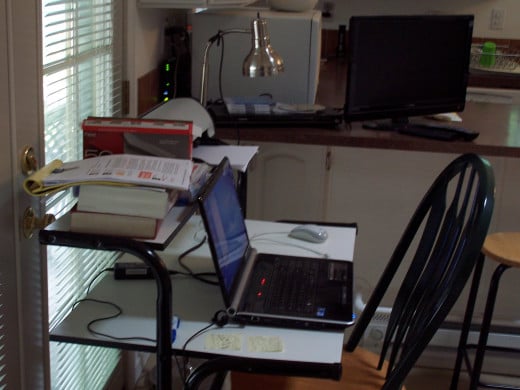
Switching Gears
From Zulma: “I find it amazing that you can work on two pieces at once. How do you switch gears and find the right frame of mind to do both these works justice? I can't do that. Tell us your secret, Sensei. Please.”
Zulma, it is not an effortless process, believe me. I find it every bit as difficult as you mention. What makes it easier is the fact that the two books I’m currently working on are polar opposites of each other. One is a memoir, no creativity allowed (lol), and the other is a novel where creativity flows like milk from Momma’s breast.
Still, it takes a good fifteen minutes before I can switch gears, and those fifteen minutes are spent reading what has already been written in one of those books….if I’m working on the memoir, and I want to spend time on the novel, I spend fifteen minutes reading the unfinished novel so I can get into that voice and frame of mind. That seems to work for me!
Unbelievable Memoirs
From Eric: “I make a few words on my legal pad and outline in my head. My memoirs would mostly just be in stories I have already written. I am sure you will have the same issues with much of your's. By that I mean "unbelievable".
“So in our memoirs how do we bring them to people? Three hours under a Maple tree watching our dog, cleaning our teeth with straw and gazing at and smelling things around us? Listen to the smallest cricket. Spending 3+ years gulping whiskey and getting way out there? People just think fiction.”
It’s an interesting question, Eric, and I would answer it this way: what would be your goal in writing the memoir? Is your goal to dazzle people with wild stories about wild escapades, or is there a deeper purpose to it? If there is a deeper purpose, then I would suggest it makes no difference whether people find it believable or not.
There are many things I have done that I’m sure a great proportion of my readers will think are fiction, simply because they have never lived in my world and never been driven to do the things I’ve done, but that doesn’t mean they can’t appreciate a lesson about love, or compassion, or empathy. Those are universal truths which most people can appreciate.
Write the damned story, Eric! If some people think it is fiction, so be it!
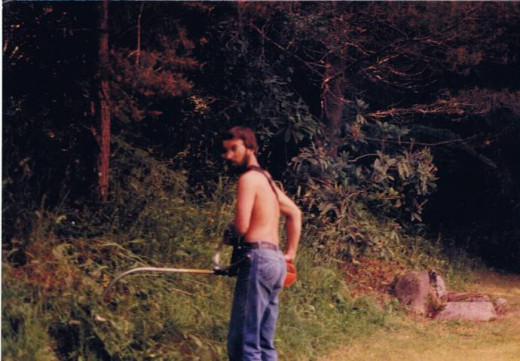
Same Wavelength
From DreamOn: “I wrote my comment on my hub and then I came over to check you out. I had no way of knowing some of the things I mentioned in my comment were the same things you were talking about. Consistency in writing and the weather. Maybe just a coincidence. Do you think two writers can write without knowing about each other and their writings the same story? Anyone that would read both think that one person copied the other but it was not the case at all. Just two writers who are on the same wavelength. Well, I don't know if I can make my question any clearer. It is as deep as my snow. I wonder if there were any known court cases where this might of happened? I know it is possible for inventors to have similar inventions at the same time. I am throwing the same scenario in a writer's world.”
DreamOn, allow me to borrow from Mark Twain for a partial answer to your question:
“There is no such thing as a new idea. It is impossible. We simply take a lot of old ideas and put them into a sort of mental kaleidoscope. We give them a turn and they make new and curious combinations. We keep on turning and making new combinations indefinitely; but they are the same old pieces of colored glass that have been in use through all the ages.”
I do believe it is entirely possible for two writers to be on the same wavelength. Taking Twain’s statement and adding to it the fact that we have just scratched the surface when trying to understand the human mind, and to me it is quite plausible that two people, separated by three-thousand miles, would be writing about the same thing at almost the same time. I don’t think this is like an episode of The Twilight Zone. I think there are powers at work in our universe that we can’t even fathom. Do you believe in ESP? I do, and if ESP is possible, why would your suggestion be at all bizarre?
One final note: I am honored to be sharing a thought or two with you. I must keep darned good company.
Great Questions . . . Now Back to the Memoir
Who am I to be writing a memoir? I’m one of seven-point-five billion. I’m nobody in the grand scheme of things. And yet I am human, just as you are, and lessons I have learned while stumbling through life are valuable lessons anyone can apply to their life.
So why not? I think we are all fascinating beings, and we all have a memoir in us that is applicable to everyone who reads it.
Just my thoughts! Have a great week, unless you’ve made other plans, of course.
2019 William D. Holland (aka billybuc)
“Helping writers to spread their wings and fly.”

